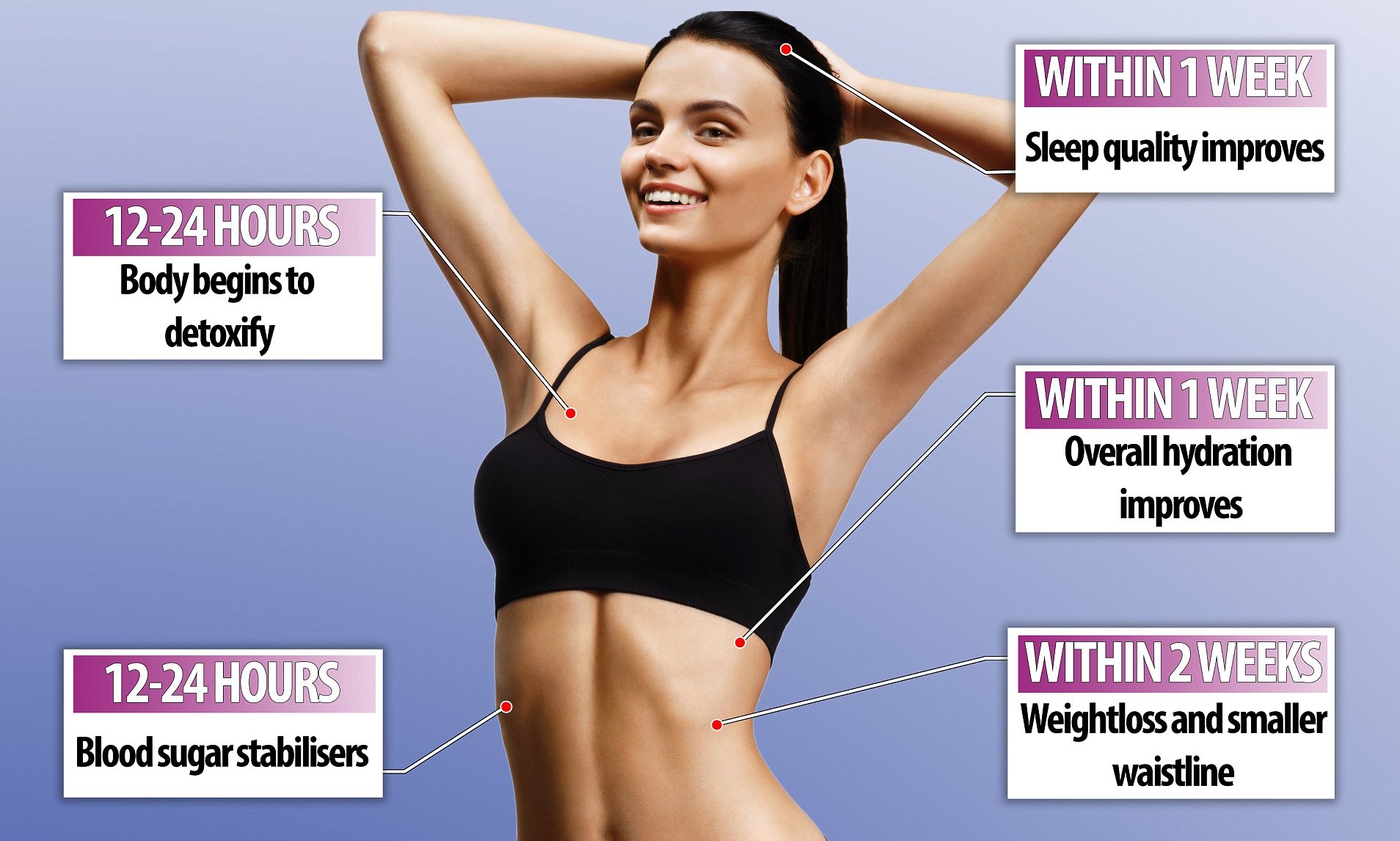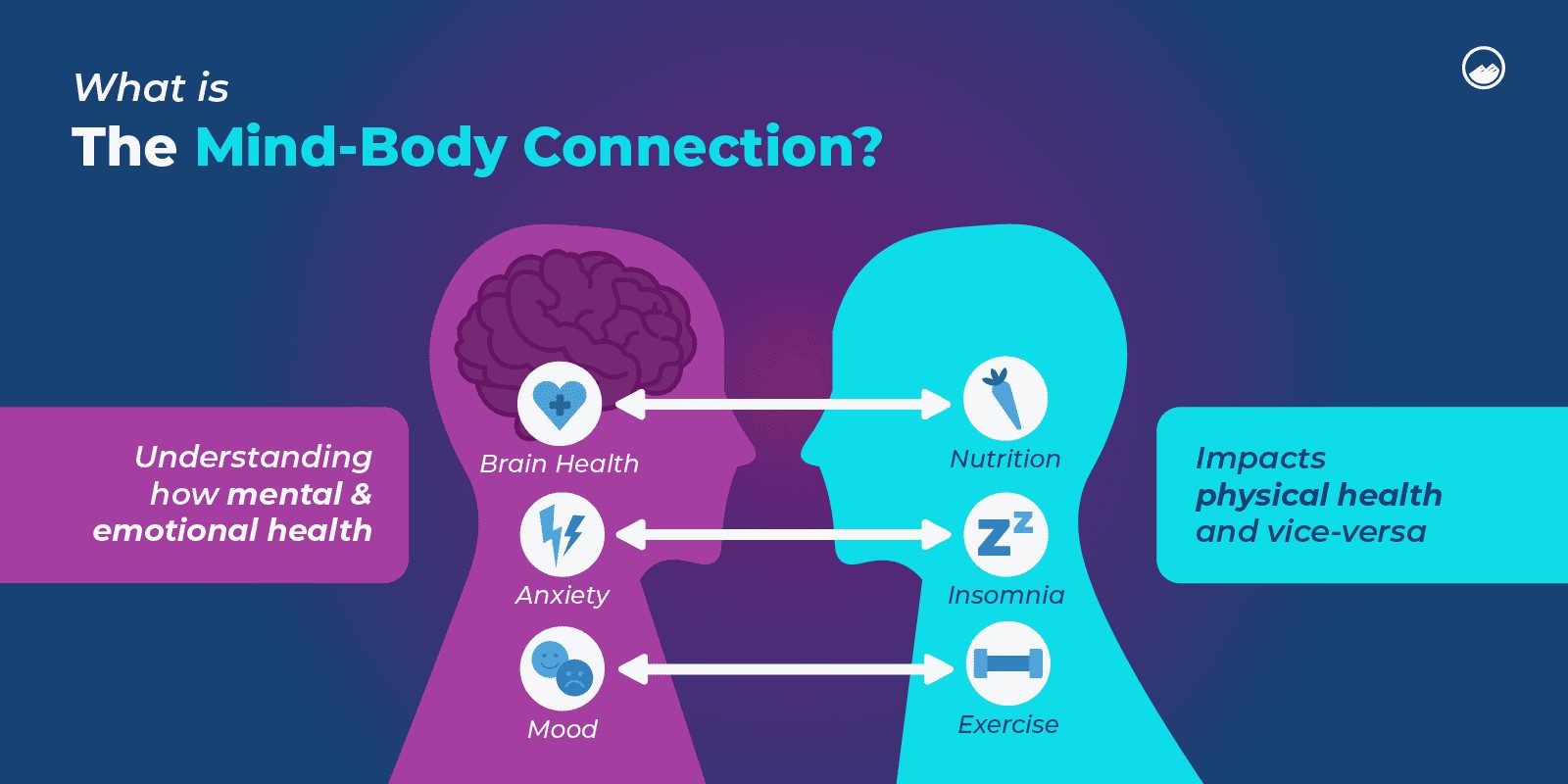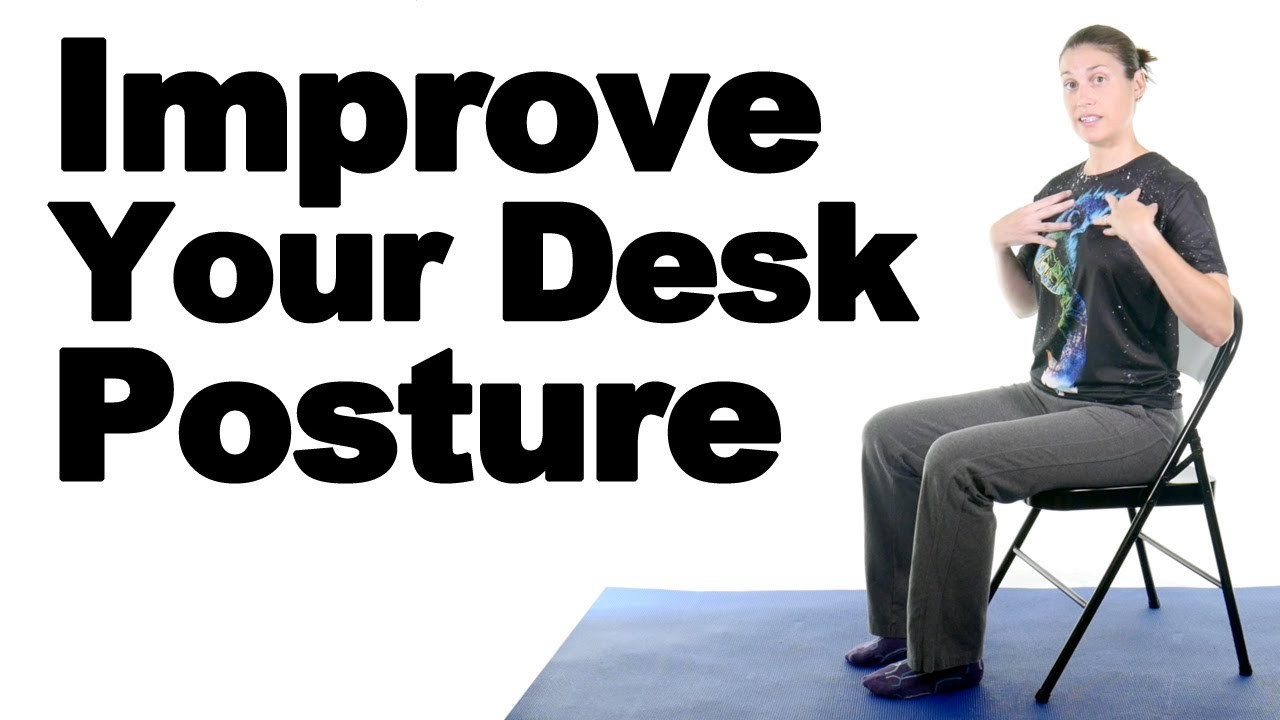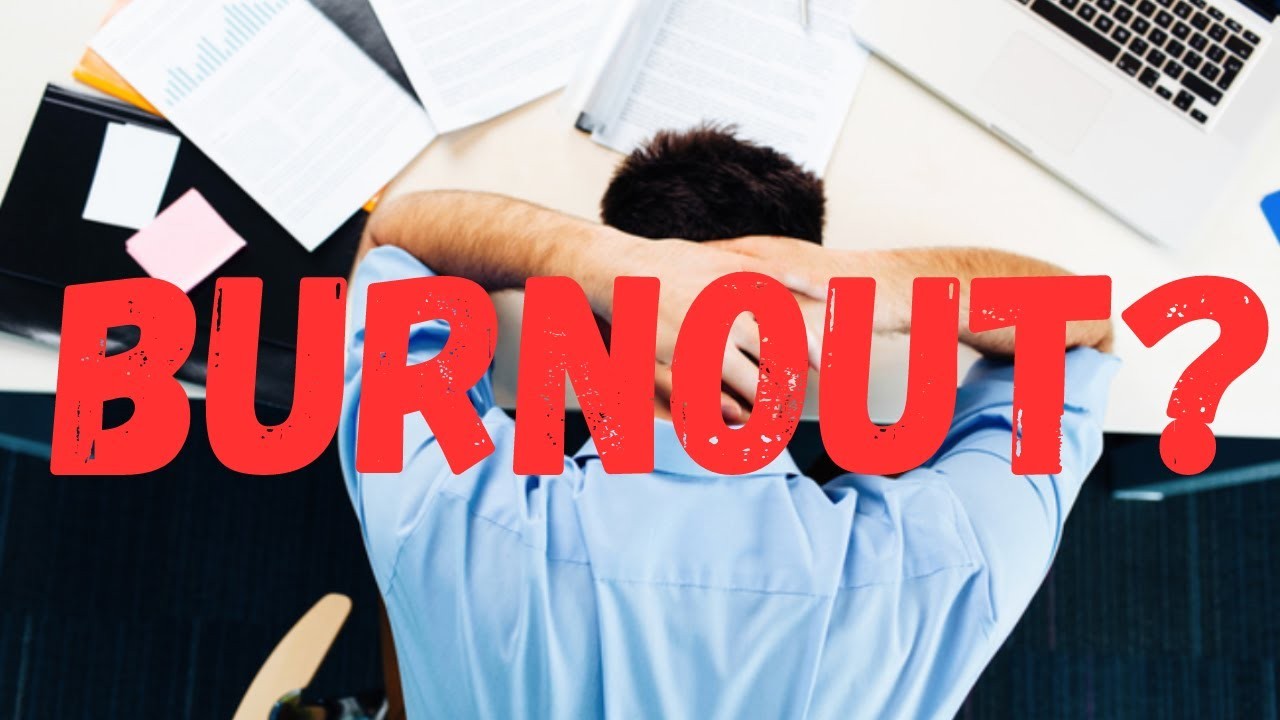When someone decides to stop drinking alcohol, the effects on the body can be both immediate and long-term, and they often unfold in stages. This change doesn’t just influence your physical health—it has ripple effects on your mental clarity, emotional well-being, and even your professional performance. For individuals balancing demanding schedules, high-stakes decisions, or leadership responsibilities, understanding what happens to the body after giving up alcohol can provide compelling motivation for change and sustainability.
In the first 24 to 72 hours without alcohol, the body begins its detox process. For light to moderate drinkers, this period may pass with only minor discomfort, but for those who have been drinking heavily or for a prolonged period, withdrawal symptoms can be more pronounced. Headaches, insomnia, irritability, and in some cases, anxiety or nausea can occur as the body recalibrates itself. This is largely due to the central nervous system adjusting to the absence of alcohol, which acts as a depressant. Alcohol slows brain function, so when it’s removed, the brain goes into overdrive temporarily as it seeks to find a new equilibrium.
By the end of the first week, many people begin to notice more stable sleep patterns. Alcohol disrupts the sleep cycle, particularly REM sleep—the phase responsible for mental restoration and dreaming. Without alcohol in the system, sleep becomes more restorative, even if it may take a few days to get there. The benefits of quality sleep extend beyond feeling rested. They impact productivity, focus, memory retention, and emotional regulation—critical assets in any business environment where clear thinking and decision-making are valued.
As the second week unfolds, energy levels typically begin to rise. The liver, which plays a key role in metabolizing alcohol, gets a break and starts to regenerate. Even after short-term abstinence, liver function begins to improve, reducing inflammation and fat buildup that alcohol can cause. This has a cascading effect on overall metabolism and digestion. Individuals often report feeling lighter, more energetic, and less bloated—a shift that supports both mental clarity and physical motivation. For professionals managing tight deadlines or long work hours, this newfound energy can feel like a natural upgrade in performance.
By the end of the first month, deeper changes start taking root. Skin appearance often improves, thanks to better hydration and reduced inflammation. Alcohol is a diuretic and tends to dehydrate the body, leading to dry skin and premature aging over time. When hydration levels stabilize, skin tone becomes more even, and elasticity may improve. Additionally, the immune system begins functioning more efficiently. With no alcohol taxing its resources, the body can better fend off infections, and recovery times from minor illnesses improve. For someone in a leadership role or a high-visibility position, this change can translate to improved confidence and presence.
Mental health benefits also start becoming more pronounced after a few weeks. Alcohol can interfere with neurotransmitters like serotonin and dopamine, which play a major role in regulating mood. Once these systems begin to rebalance, people often notice a reduction in anxiety, depressive episodes, and mood swings. This doesn’t mean that alcohol was the sole cause of mental health issues, but its absence removes a major disruptor. Clearer thinking, better emotional resilience, and sharper communication skills follow—which are all crucial in team management, negotiations, and creative problem-solving.
Over the longer term—two months or more—more systemic benefits start to emerge. Blood pressure often stabilizes, cholesterol levels may improve, and the risk of developing chronic conditions like cardiovascular disease or type 2 diabetes is reduced. These are not just health improvements in a vacuum—they directly influence how well someone can sustain their pace in a high-pressure career. Fewer sick days, more consistent energy, and lower stress levels create a more reliable and effective professional profile.
Another subtle but impactful change lies in social and behavioral habits. Without alcohol in the picture, social routines begin to shift. Evening plans may move away from late-night drinks to more intentional or health-conscious activities. Mornings become more productive, free from the grogginess or regret that often follows a night of drinking. Over time, this lifestyle change tends to bring alignment between personal values and professional ambitions. In business culture, where discipline, consistency, and presence are key, these shifts support long-term growth and leadership potential.
Of course, quitting alcohol is not always a linear or simple journey. Social pressure, ingrained habits, and emotional associations with drinking can make the process challenging. But recognizing the tangible benefits to the body, mind, and career can make the effort worthwhile. In many ways, giving up alcohol becomes less about loss and more about gaining clarity, strength, and alignment. It’s a form of self-leadership—one that often sets the stage for growth not just in health, but in every dimension of life.
Ultimately, what happens to your body when you stop drinking alcohol is a story of renewal. From the cellular level to the cognitive and emotional planes, systems that were once strained begin to recover and thrive. Whether you’re driven by a desire for better health, higher performance, or simply more mindful living, the choice to stop drinking can offer a profound and empowering transformation.




